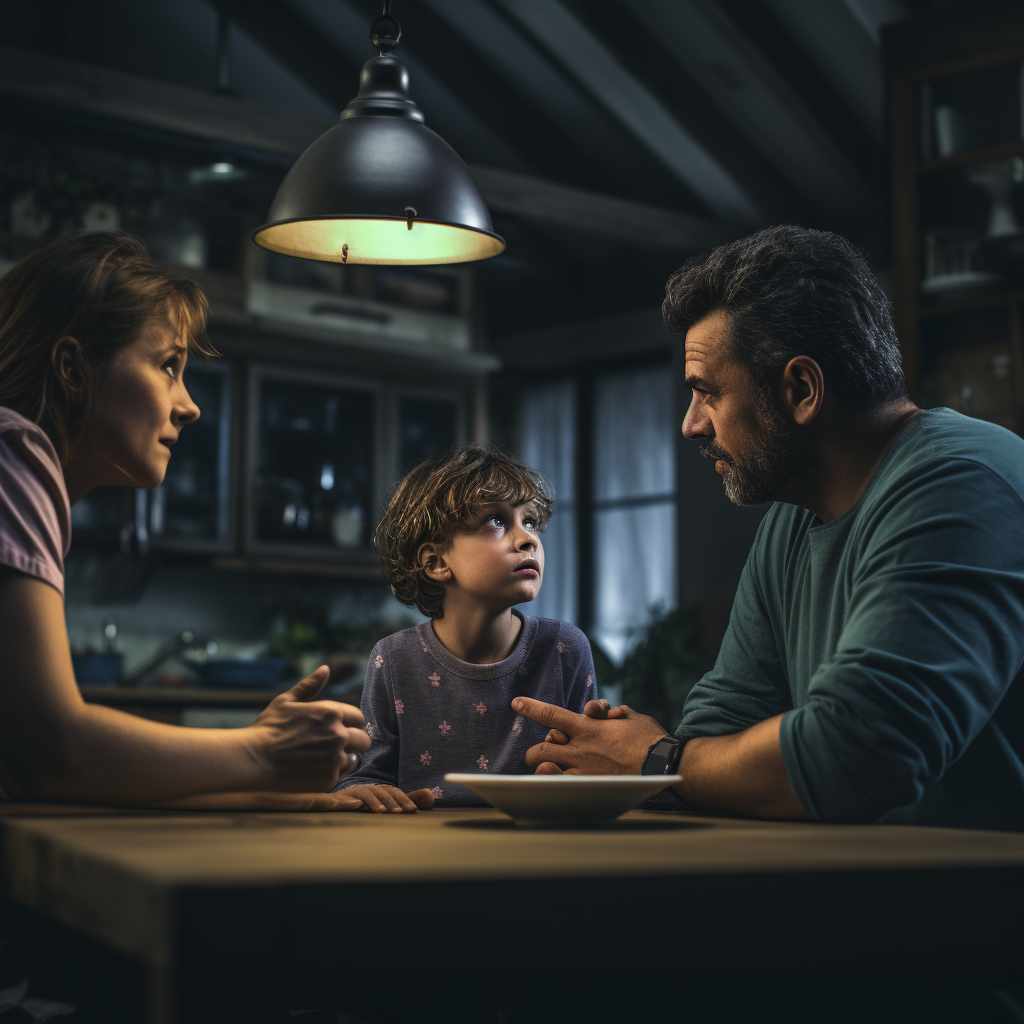Talking to Children About Violence At School and Throughout The World
Talking to children about serious life events can be difficult, but it doesn’t have to be.
Global Violence at school or violent events happening around the world can shatter a child’s sense of safety and security. As adults, it’s our responsibility to guide them through these dark moments with honesty, empathy, and age-appropriate information. But how do we navigate these incredibly sensitive conversations?
Always remember: children react differently. Consider their age, maturity level, and prior exposure to such events. What works for a kindergartener won’t resonate with a teenager.
Start with open-ended questions. Ask them what they’ve heard or know about violence at various schools. This helps gauge their understanding and identify any misinformation they might have encountered. Actively listen to their concerns and validate their feelings, whether it’s fear, sadness, or confusion. There will no doubt be some serious feelings shared.
Focus on factual information. Stick to the basics of what happened without overloading them with details. Avoid graphic descriptions or sensationalized media coverage. Use concrete language and clear explanations, tailoring them to their age and comprehension level.
Offer reassurance and safety. Emphasize the rarity of such events and the multiple layers of security measures in place at schools. Talk about the dedicated efforts of law enforcement and school personnel to keep everyone safe.
Encourage open communication. Let them know they can come to you anytime, with any questions or worries, no matter how big or small. This fosters a safe space for honest dialogue and builds trust. While trust is typically already there between a parent and child, reassuring a child that as a parent you are always there to listen to them is very important.
Limit media exposure. Monitor their news and social media consumption, particularly in the immediate aftermath of an event. Shield them from graphic images and disturbing details that could further amplify their anxiety. With the internet being so prevalent in many children’s lives today, it’s extremely important to monitor their online activity.
Focus on coping mechanisms. Help them develop healthy ways to manage their emotions. Encourage activities like drawing, writing, playing, or spending time with loved ones. These can provide a sense of normalcy and control amidst the chaos.
If needed, seek professional help. If your child exhibits prolonged anxiety, difficulty sleeping, or changes in behavior, consider seeking professional help from a qualified therapist or counselor.These conversations are never easy, but they’re crucial. By approaching them with honesty, empathy, and support, we can help children navigate these difficult times and build resilience in the face of adversity. By working together, we can create a safe and supportive environment for children to process these challenging experiences and emerge stronger.

